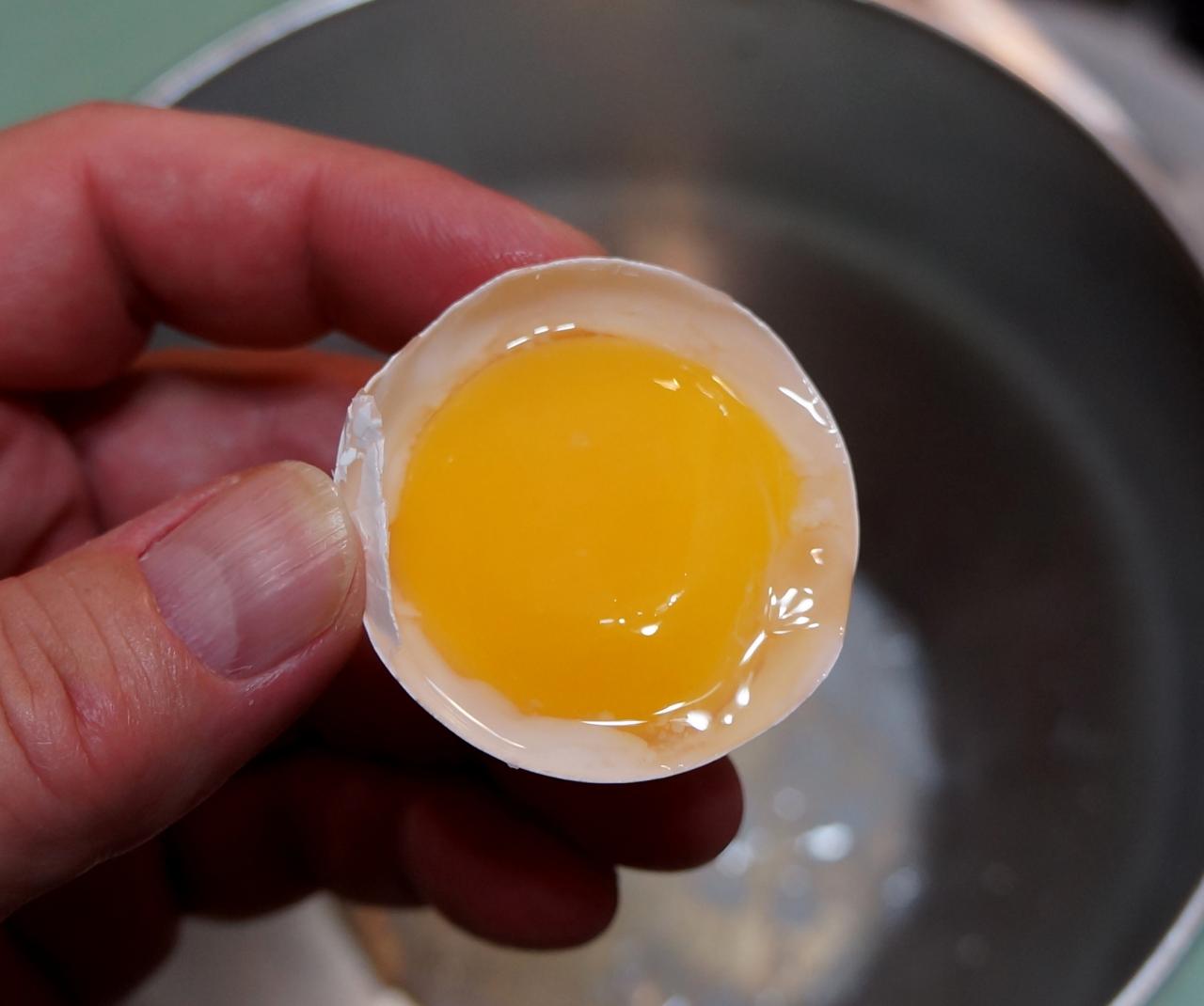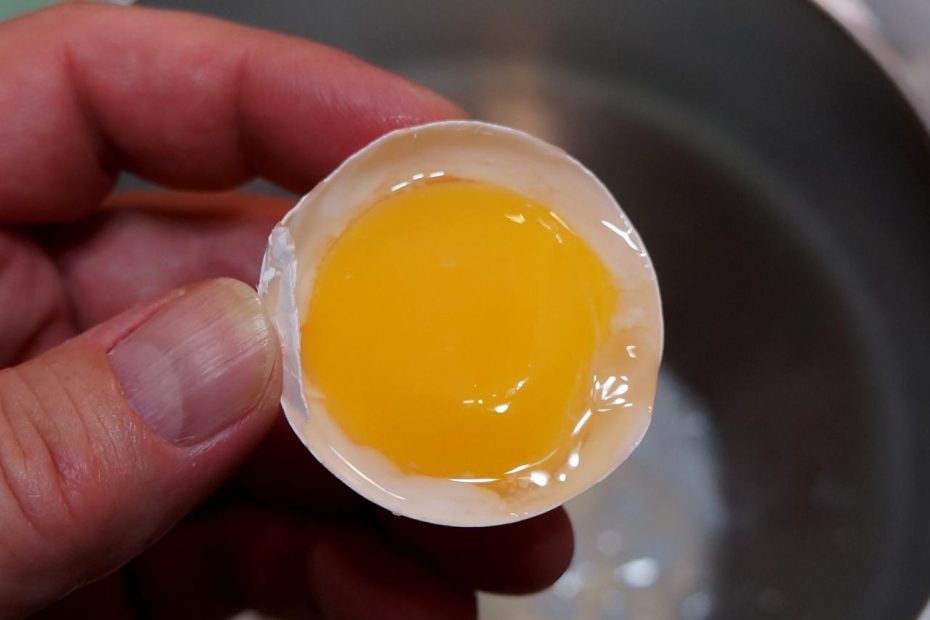How Do You Know If An Egg Has Salmonella: A Quick Guide
Ask The Expert: Salmonella And The Egg Recall, What You Need To Know
Keywords searched by users: How do you know if an egg has salmonella how do you know if an egg is bad after boiling, how to tell if an egg is bad in water, how do you kill salmonella in eggs without cooking them, how to tell if eggs are bad after cracking, if the yolk is runny is the egg bad, is salmonella on egg shell or inside, what happens if you get salmonella, how do eggs get salmonella
How Common Is Salmonella In Eggs?
Understanding the Prevalence of Salmonella in Eggs
Salmonella contamination in eggs is a concern for public health. To address this issue, eggs undergo rigorous washing and sanitization processes at the processing plant. According to estimates provided by the Centers for Disease Control, approximately one out of every 20,000 eggs is contaminated with Salmonella. This bacterium can lead to various health issues in individuals who consume infected eggs, including symptoms such as diarrhea, fever, abdominal cramps, headaches, nausea, and vomiting. Therefore, it is crucial for consumers to be aware of the potential risks associated with consuming eggs and to ensure proper cooking and handling to minimize the chances of infection.
What Are The Symptoms Of Salmonella In Raw Eggs?
Salmonella infection stemming from the consumption of raw eggs typically manifests with a range of symptoms that become apparent within 12 to 72 hours after exposure. These symptoms commonly include diarrhea, fever, abdominal cramps, and vomiting. In the majority of cases, the discomfort lasts for about 4 to 7 days, and individuals usually recover without the need for medical intervention. Nevertheless, it’s important to note that in certain instances, the severity of the diarrhea can be so pronounced that it necessitates hospitalization. This information is accurate as of May 10, 2022.
Is Salmonella In The Egg White Or Yolk?
Is Salmonella found in the egg white or yolk? Salmonella infections have been linked to undercooked egg whites and yolks. It’s crucial to understand that both the egg white and yolk can potentially harbor Salmonella bacteria, which can cause foodborne illnesses. To minimize the risk of contamination, it’s essential to consume eggs promptly after cooking and avoid leaving them at room temperature for more than two hours. Proper cooking and storage practices are vital to ensure the safety of your eggs and protect against Salmonella-related health concerns.
Found 11 How do you know if an egg has salmonella

Categories: Summary 96 How Do You Know If An Egg Has Salmonella
See more here: ledcbm.com

Here’s the bad news: Salmonella is only detectable under a microscope, so the average person has no way to know if their egg is infected. “Just because the egg looks and smells okay doesn’t mean that salmonella is absent,” Dr. Schaffner warns.Eggs are washed and sanitized at the processing plant. The Centers for Disease Control estimates that 1 in every 20,000 eggs are contaminated with Salmonella. Persons infected with Salmonella may experience diarrhea, fever, abdominal cramps, headache, nausea and vomiting.Most people infected with Salmonella develop diarrhea, fever, abdominal cramps, and vomiting 12 to 72 hours after infection. Symptoms usually last 4 to 7 days and most people get better without treatment. However, in some people, the diarrhea may be so severe that they need to be hospitalized.
Learn more about the topic How do you know if an egg has salmonella.
- How to Tell If an Egg Has Gone Bad – Bon Appetit
- Handling eggs safely to prevent Salmonella | UMN Extension
- What You Need to Know About Egg Safety – FDA
- Where is Salmonella on eggs? – Hamilton County, IN
- Does Cooking Eggs Kill Salmonella?
- Salmonella infection – Symptoms & causes – Mayo Clinic
See more: https://ledcbm.com/opinion blog
